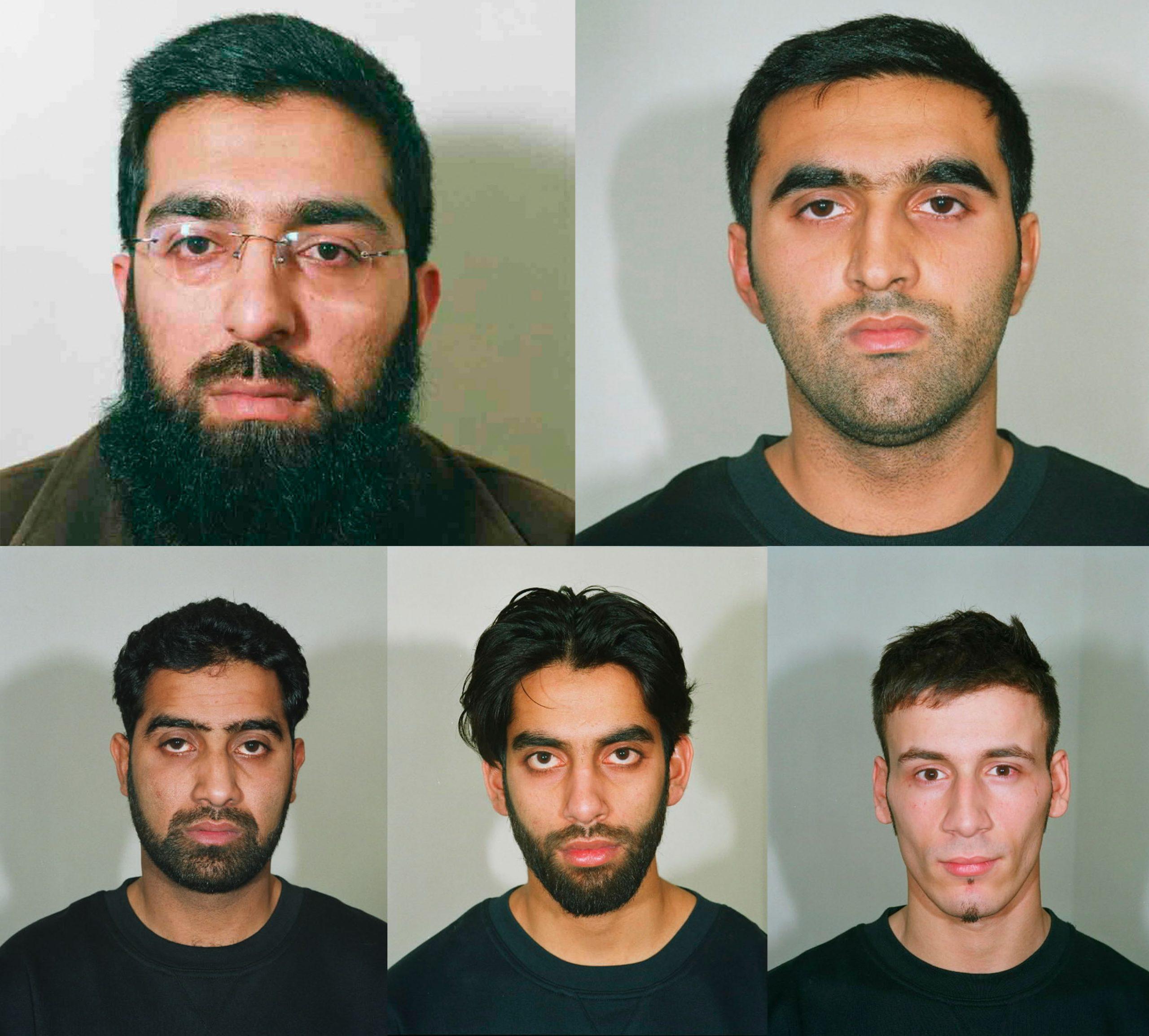
Terrorists who plotted to bomb targets in Kent and London granted parole hearing
Two terrorists, Jawad Akbar from Crawley and Salahuddin Amin, from Luton, have been granted a parole hearing, MailOnline reported.
Both terrorists were part of a five-strong gang involved in plotting major attacks in the UK, between January 1, 2003, and March 31, 2004, including targeting popular locations like Bluewater and the Ministry of Sound.
The terrorists had planned to plant massive bombs, including fertiliser-based ones, at high-profile targets in Kent and London.
It is reported they will argue that they no longer pose a danger to society and should be released.
During their 2007 trial, it was revealed that the plotters had been photographed with two of the suicide bombers from the July 7 London attacks.
In 2004, they had acquired 600kg of ammonium nitrate fertiliser for their planned bombings and also had plans to create a radioactive ‘dirty bomb’.
Security experts believe that these attacks could have resulted in the deaths of hundreds of innocent people.
Jawad Akbar, then 23, from West Sussex, was sentenced to life imprisonment with a minimum term of 17-and-a-half years, while Salahuddin Amin, then 32, from Bedfordshire, received the same sentence.
Akbar’s parole hearing is scheduled for August 2, while Amin’s hearing date is yet to be confirmed but is expected to take place in the late summer.
The Parole Board, responsible for assessing the risk posed by prisoners upon release, will consider whether Akbar now aged 39 and Amin, now 48 should be granted parole or be transferred to an open prison.
According to the Parole Board, if released on licence, they could be freed within weeks of the decision.
Akbar and Amin were part of a five-strong British born or British resident gang with Pakistani heritage linked to Al Qaeda in Pakistan.
Apart from Akbar and Amin, the conspiracy to cause explosions also involved Omar Khyam from Crawley and Waheed Mahmood, aged 34, from Crawley, as well as Anthony Garcia, aged 24, from Barkingside, East London. All three individuals were found guilty of the same charges.
The group’s potential targets also included the gas or electricity network, Parliament during Prime Minister’s Questions, and various other locations, the Old Bailey in London was told in 2007.
The plot was foiled through intercepted chat room conversations, surveillance, and the discovery of the fertiliser in a storage depot in west London.
The terrorists were arrested on March 30, 2004.
During the trial, it was highlighted that Akbar possessed bomb-making recipes on his laptop and expressed a deep hatred towards non-Muslims, while Amin played a pivotal role as a facilitator, arranging and coordinating various aspects of the plot.
Akbar’s appeal for parole was previously denied in July 2022, with the Parole Board considering him still a danger to society.
Also, in 2018, he unsuccessfully attempted to be transferred to an open prison through a human rights battle.
Source » easterneye





